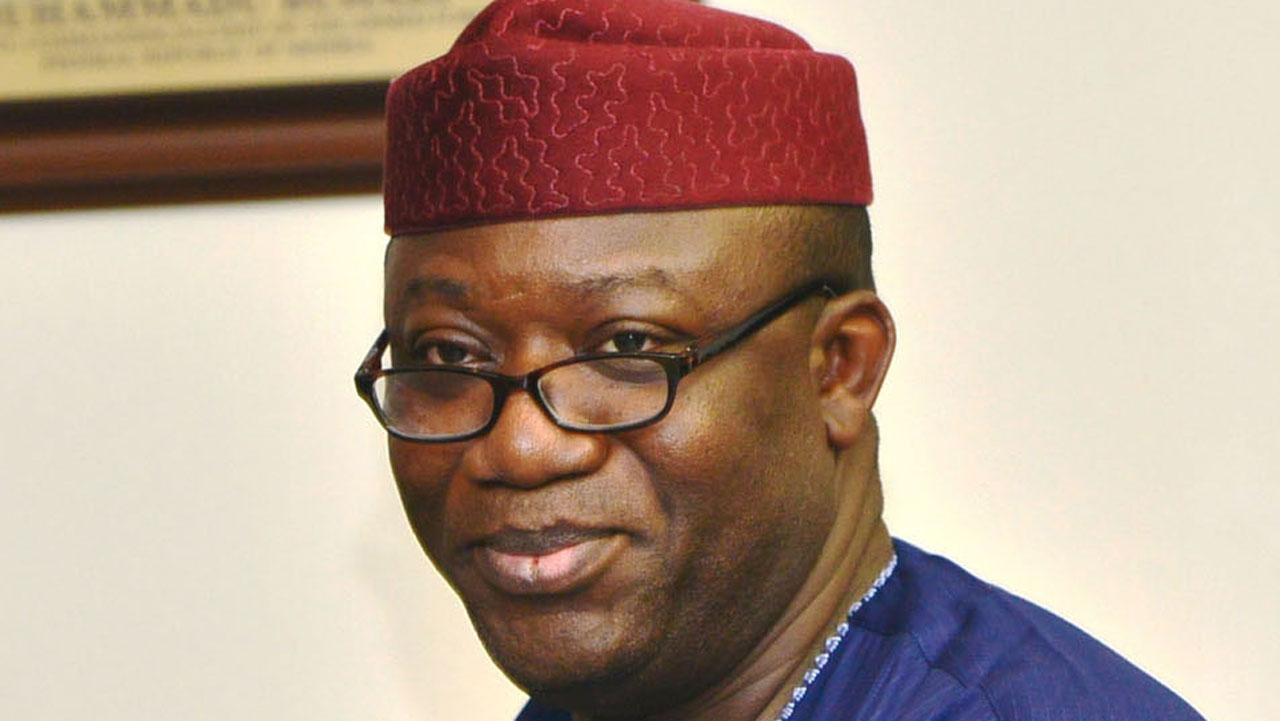
• Say Strategic National Projects Too Sensitive To Privatise
• ‘Planned Sale Defies Precedence, Logic’
• Propose Metallurgical Devt Bank, Recall Of Original Contractors
Experts have cautioned the Federal Government not to go ahead with the planned concession of the Ajaokuta Steel Company Limited (ASCL).
Minister of Solid Minerals Development, Dr. Kayode Fayemi, had recently insisted there was be no going back on the move, saying: “Government had taken a decision not to spend an additional one dollar on Ajaokuta, since over $8 billion had been sunk into the project since 1982. Instead, government felt it would be better to give the complex to an operator with proven technical record and financial ability to run it more profitably.”
But Professor of Extractive Metallurgy and Material Processing at the University of Lagos, Engr David Esezobor, believes the minister’s resolve, if implemented, could be counterproductive. Strategic projects for national defence or security or wealth creation or industrialisation should never be privatised, he warned.
Esezobor, also Co-Chair, Iron and Steel Development, Nigerian Society of Engineers (NSE), told The Guardian in an exclusive interview: “I want someone to prove me wrong. There is no industrialised nation in the world that started its first steel project under concession, especially an uncompleted project such as Ajaokuta.
“I have said it in several fora that the integrated Ajaokuta steel project is not mature for privatisation, due to the huge capital investment required, absence of massive infrastructure support, and high susceptibility to policies and global market situation.”
On concern over financing, Esezobor stressed: “Government cannot fund this gigantic project through budgeting. Egypt, for instance, that started its steel project after we embarked on ours, has completed it. And Egypt is expanding the project, neglecting advice from the World Bank. It floated bonds and shares for the citizenry. These were distributed at a low price.
“Nigeria can borrow a leaf from Egypt. It can establish a Metallurgical Development Bank for the sector. I know notable Nigerians both within and outside that would key into the project. People are thinking that the money should come from the government alone. No. If the right institutional framework is put on ground, the money needed will be generated. And moreover, a non-technical ministry should not handle it. This is because if you have billions of dollars there today, you may not be able to make use of it in the right direction.”
What the Federal Government lacks the most is “strong” political will. “It fails to realise that the key to any political agenda is a solid iron and steel base, not necessarily commerce. It fails to realise that the neglect of this sector amounts to gross error and misplacement of priority for Nigeria,” he said.
Former ASCL Sole Administrator, Eng. Isah Joseph Onobere, also warned against privatising the company, saying: “You have to be very cautious in exercising the mandate on privatisation when you take into cognisance the experiences from previous attempts at privatising the steel sector of our economy.”
He recalled that Ajaokuta had witnessed two failed concessions and that the nation was worse for the attempts. “We have a protracted arbitration case between the Federal Government and the last concessionaire, M/S GINL, at the London Court of Arbitration. Osogbo and Jos Rolling Mills are still under lock and key, since they were privatised in 2005.
“We submit with due respect that Ajaokuta Steel plant, being at once the jugular of the Nigerian steel sector, should not be privatised until the project is completed, commissioned and its operations stabilised, if at all.”
Making a presentation, recently, Comrade Otori Saliu, National President, Iron and Steel Senior Staff Association of Nigeria (ISSAN)/ Steel Engineering Workers Union of Nigeria (SEWUN), said: “To sell off the project at this stage implies selling it as scrap. The extra facilities meant to enhance our national capacity for industrialising the economy and ensuring our technological independence will be lost.”
He pointed out that the President Muhammadu Buhari administration has not shown real commitment to the completion of the project, and advised the government to “look the way of the original builders by inviting them to come and complete ASLC. All core parameters are strongly in favour of this approach, in terms of costs, functionality and productivity. The original builders would be willing to bring knockdown parts and complete the project within record time.”
Asked about concession, Speaker of the House of Representatives, Yakubu Dogara, who recently led his colleagues on an oversight tour to the company, said: “We are talking about collaboration; it is not about controlling anybody, but bringing all the stakeholders to a table to agree that this is the project that we need to execute in the general interest, welfare and well-being of our people, and saying that wherever the money is, as a nation, we must find it.”
[ad unit=2]



